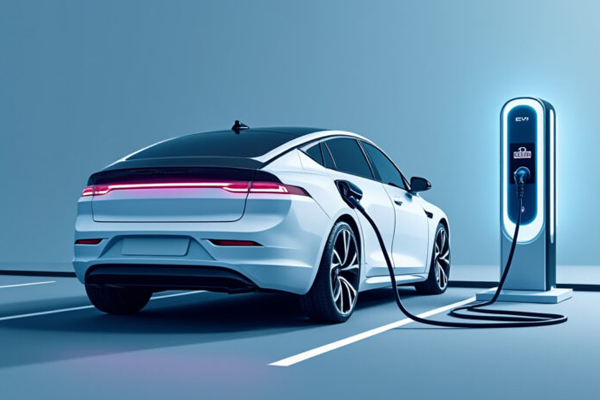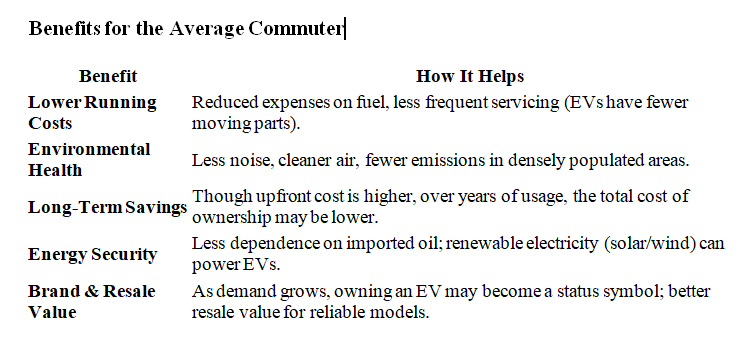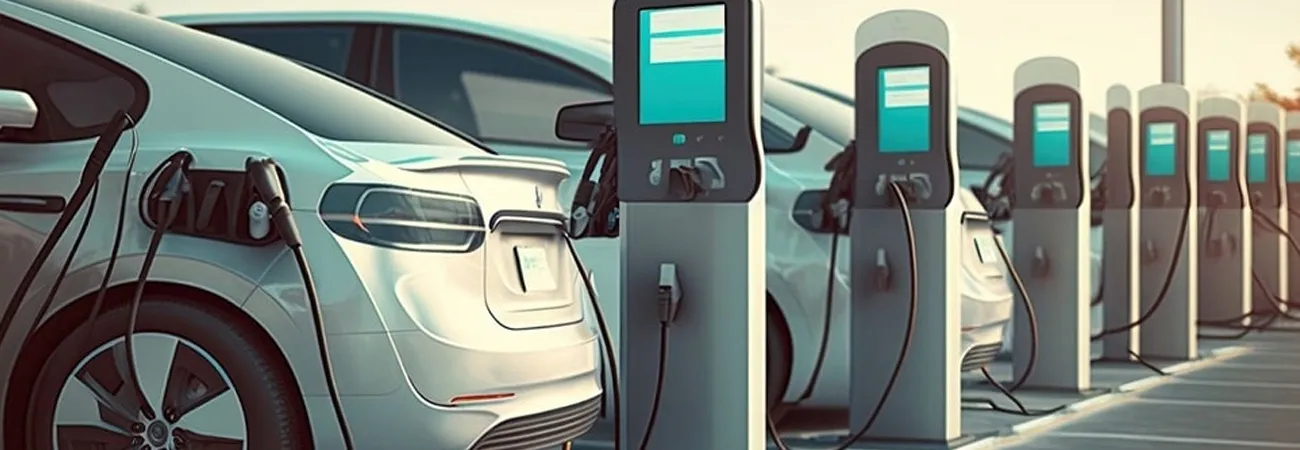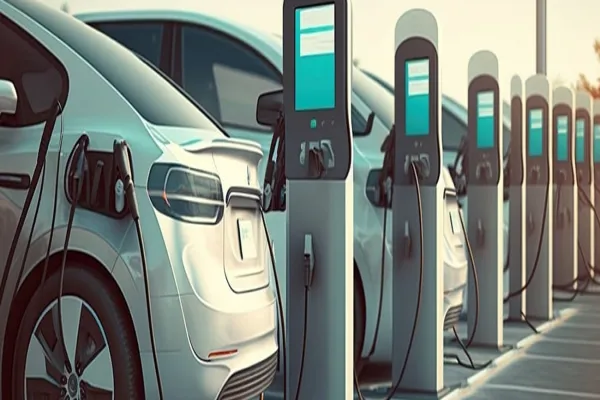i BLOGS
Introduction
In 2025, Pakistan finds itself accelerating toward cleaner, more sustainable transportation. With global climate pressures, rising fuel prices, and growing urban pollution, electric vehicles (EVs) are no longer a futuristic concept—they are becoming a practical choice for many Pakistanis. From policy reforms to rising EV options, Pakistan’s EV revolution is gathering speed. But there are still roadblocks ahead.

Why EVs Are Gaining Momentum in Pakistan
- Fuel Price Volatility
With frequent hikes in petrol and diesel prices, many consumers are looking for alternatives. EVs promise lower running costs since electricity is generally cheaper than fossil fuel per kilometer driven. - Government Policy & Incentives
The government has introduced tax reductions, import duty breaks, and incentives for local manufacturing of EV components. Net import policy adjustments and reduced duties on EVs help make them more affordable. - Environmental Concerns
Air quality in major cities like Lahore, Karachi, Islamabad is worsening. Residents are increasingly aware of the health risks. EVs reduce tailpipe emissions and depend less on imported fossil fuels, boosting energy security. - Growing Infrastructure Investment
Charging stations are being set up in metro areas, at shopping malls, hotels, and along highways. Several private companies are investing in EV charging infrastructure. Some energy companies are exploring solar-powered charging stations to further reduce carbon footprint. - Increasing Local & International Investor Interest
EV startups, battery cell manufacturing, and charging network businesses are drawing both domestic and foreign investments. Tech companies are exploring EV software, battery tech, and local component production.
What’s New in 2025
- Major car manufacturers are launching new EV models in Pakistan—smaller city-friendly electric cars and electric bikes.
- A few provinces have begun pilot projects for electric public transport buses.
- Charging station networks are expanding in Islamabad, Lahore, Karachi, and along major intercity routes.
- The cost of lithium batteries is gradually falling, partly because of global technology improvements and partly through scale.
- Policy adjustments: Import duties, taxes, and licensing for EVs are being revisited to incentivize adoption.

Challenges & Roadblocks
- Higher Initial Cost
EVs typically cost more upfront than equivalent internal combustion engine (ICE) vehicles. Even with incentives, many buyers find the price barrier steep. - Charging Infrastructure Still Limited
Outside of big cities, EV charging stations are scarce. Also, inconsistent electricity supply in rural or remote areas makes reliability an issue. - Battery Life & Replacement Costs
Batteries degrade over time, and replacement can be expensive. Local battery service/support is still in early stages. - Range Anxiety & Charging Times
Most EVs still need several hours to charge fully. For long-distance travel, chargers must be widely available and fast. - Consumer Awareness & Cultural Preferences
Many still prefer traditional vehicles; used car market is large; fear of breakdowns or maintenance issues exists. Also cultural preference for big cars (SUVs), which cost more.
Case Studies & Examples
- Karachi Charging Network Expansion: A private company has deployed 20 new fast-charging stations across “main arteries” of Karachi in 2025.
- EV Bikes in Punjab: Several e-bike startups are offering electric two-wheelers, which are more affordable and ideal for short city commutes.
- Government Fleet Use: Some government departments in Islamabad are testing EV sedans for official use, both to reduce costs and emissions and to signal commitment to green policy.
What Needs To Be Done
Improve Incentives Further
Tax breaks and subsidies must be stable and long-term so that consumers trust that EVs will remain affordable.
- Accelerate Charging Infrastructure
Private-public partnerships can help build reliable, fast chargers especially on highways and rural-urban routes. - Invest in Local Battery Tech & After-sales
Encouraging local assembly of batteries, available spare parts, and skilled maintenance services will reduce long-term costs. - Raise Awareness & Trust
Public education campaigns to clarify costs, maintenance, lifespan; incentives to try EVs (test drives, ride-sharing EVs). - Ensure Regulatory Support
Standards for EV safety, battery disposal, grid capacity upgrades must be developed and enforced.
Conclusion
Pakistan’s EV revolution is well underway. While challenges remain—cost, infrastructure, awareness—the momentum is undeniable. For many commuters, environmental advocates, tech entrepreneurs, and policymakers, electric vehicles represent not just a greener future, but a smarter, more sustainable path forward.
If you’re considering switching to an EV, now is one of the best times—with policy support growing, infrastructure improving, and costs gradually coming down. The road to a cleaner transportation future may be long, but the journey has already started.
Credit: Independent News Pakistan (INP)









